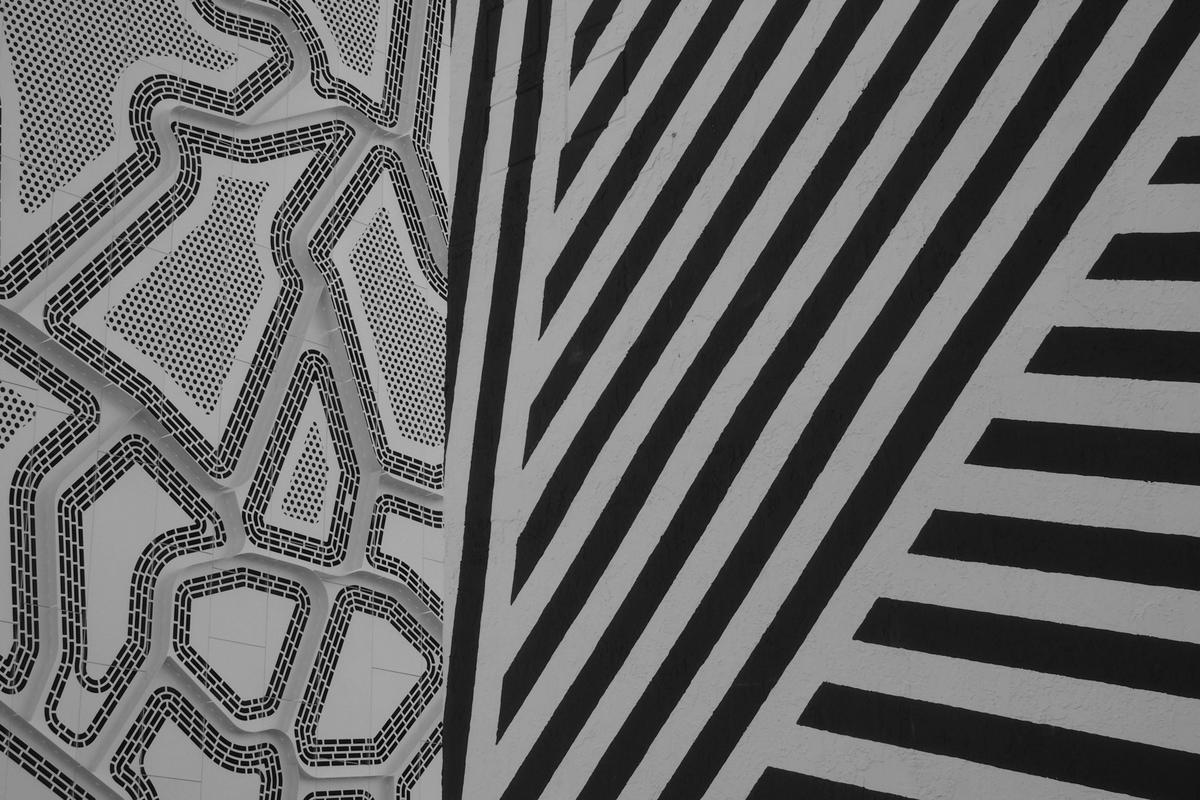On a crisp evening in 18th-century Paris, as amber lights from lanterns spilled over cobbled streets, something transformative was unfolding. Ideas, once locked away in elite chambers, began to flow freely, trickling into public squares, cafes, and academic halls. This was the Age of Enlightenment, a profound shift in societal understanding. Thinkers like Voltaire and Rousseau were ushering in an era that would redefine the contours of knowledge and belief. But why dwell on the past? Because today, as we find ourselves amidst the digital hum and buzz of the 21st century, history seems to be rhyming.
At the heart of this echo is a familiar yet revolutionary force: artificial intelligence. If Enlightenment was the flame that illuminated the corners of reason and science, AI, with its vast potential, appears as the torchbearer for what could be our Second Enlightenment. Remember the printing press? It was to the 18th century what the internet is to ours. The press democratized knowledge, breaking the chains that held it captive within elite societies. Suddenly, a new world emerged where information wasn't a privilege but a right. Today, AI algorithms sift through the vast expanse of the digital universe, curating and disseminating data. It's akin to giving society a fresh lens, reshaping our perspective and understanding in real-time.
Challenging Existing Norms and Establishing New Ones
This transformation isn't limited to the digital flow of bytes. The original Enlightenment, with its emphasis on reason over tradition, prompted societies to introspect and re-evaluate established norms. Similarly, today's advancements prod at the foundations of our modern world. Ponder over cryptocurrencies and the underlying blockchain technology. Don't they whisper of a world less tethered to traditional financial behemoths, much like how Enlightenment thinkers challenged the established dogmas of their time? A prominent example of this is , who used his wit and satire to expose the corruption and hypocrisy of the religious and political institutions, and to defend freedom of thought, expression, and religion.
Our Enlightenment ancestors redefined medicine, transitioning from mystical charms to a more evidence-based approach. Fast forward to our age, and the AI-driven shift in healthcare is no less revolutionary. We aren鈥檛 just diagnosing diseases; . Personalized medicine, tailored to one鈥檚 genetic fabric, is not a distant dream but an emerging reality. It鈥檚 the shift from a generalist view to an individualist perspective, promising treatments as unique as fingerprints.
Universal and Democratized Impact
And while the Enlightenment was instrumental in Europe, its ripples were felt globally, setting the stage for revolutions from America to Asia. Today鈥檚 technological surge, too, isn't confined by geography. AI is , harmonizing innovations from Berlin to Beijing. The Second Enlightenment isn鈥檛 localized; it鈥檚 universal, marking a convergence of cultures and ideas.
But here鈥檚 where the narrative twists: Unlike the Enlightenment, which had its luminaries steering societal transformation, the AI-driven change is . It鈥檚 not limited to tech moguls or elite labs. Open-source platforms and the proliferation of AI tools mean that innovation can spark anywhere: in a bustling tech hub in Nairobi or a quiet study in Nashville. It鈥檚 a testament to the idea that revolutions, no matter how grand, often start with the simplest of notions and the most unlikely of visionaries.
Embracing A New Moral Dialogue
However, with great potential comes profound responsibility. The Enlightenment was not just about discoveries and philosophies; it laid the foundation for many modern ethical principles. ideas on life, liberty, and property became cornerstones for democratic governance, influencing the American Declaration of Independence. insistence on individual autonomy and his "categorical imperative" reshaped moral philosophy, urging us to act only according to principles that can be universally applied. And then there was , who emphasized the importance of the separation of powers, a doctrine that's central to the design of many modern governments. These thinkers didn鈥檛 just muse on theories; they set the ethical groundwork for societal structures we value today. Today, as AI integrates into our lives, a similar moral dialogue emerges. How do we ensure that AI respects individuality? Understands fairness? Preserves our shared human values? It's a delicate dance of code, conscience, and, above all, human essence.
This intricate intertwining of the past with the present is not a mere coincidence. It's indicative of the cyclical nature of progress, of how every leap forward is, in many ways, a reflection of past strides. As we stand at this crossroads, it鈥檚 clear that we're not merely witnessing a technological evolution. We're at the onset of a philosophical and societal revolution, a second Age of Enlightenment.
And just as Paris, all those centuries ago, was abuzz with ideas and dreams, today's world is alive with possibilities. Between the cobbled streets of history and the digital highways of the present lies a bridge, and as we traverse it, there鈥檚 an inescapable realization: In the dance of epochs, AI and humanity are scripting a new choreography, one that could promise a future as luminous as the Enlightenment past.
Justin Westcott is Global Technology Chair, 极乐视频







